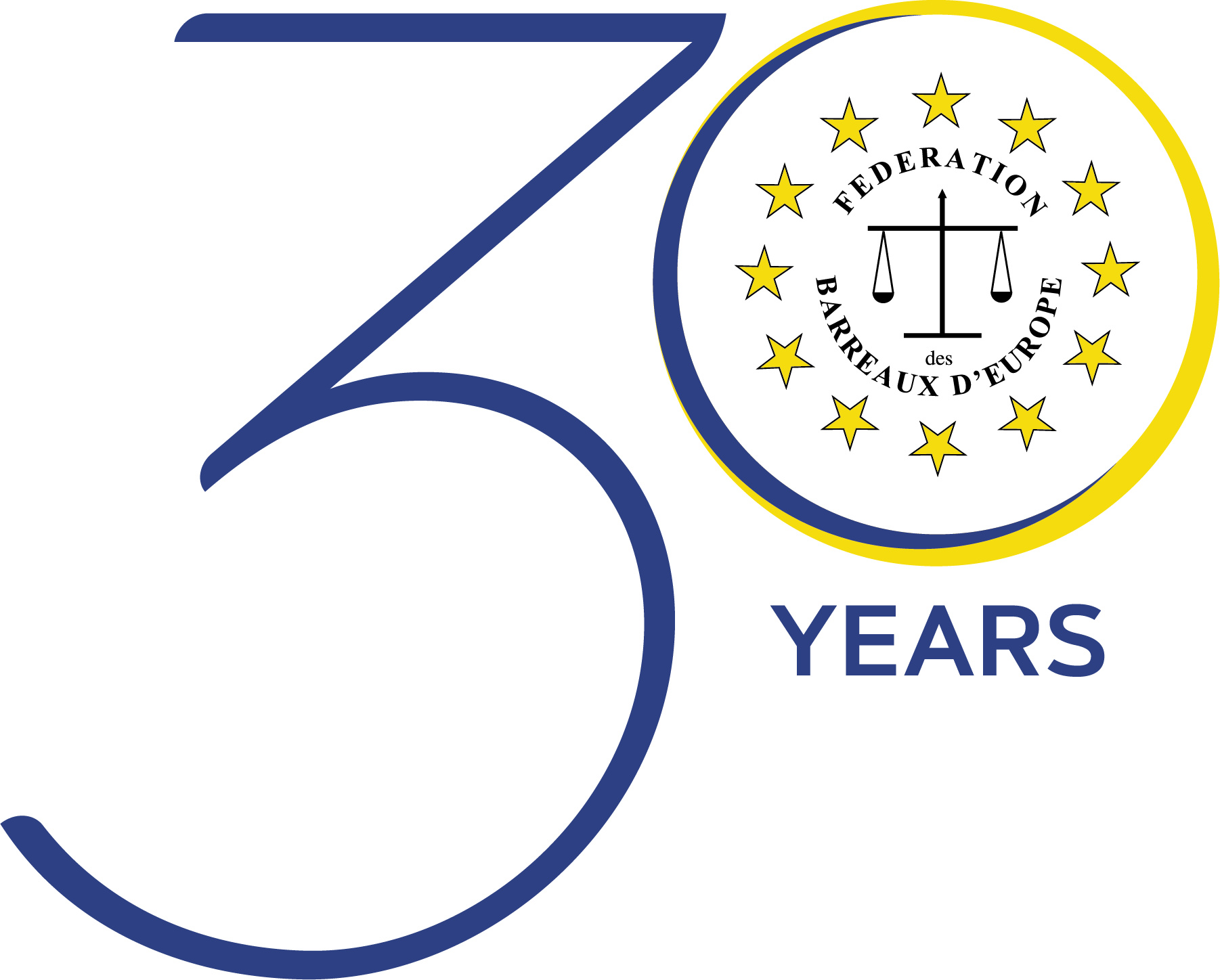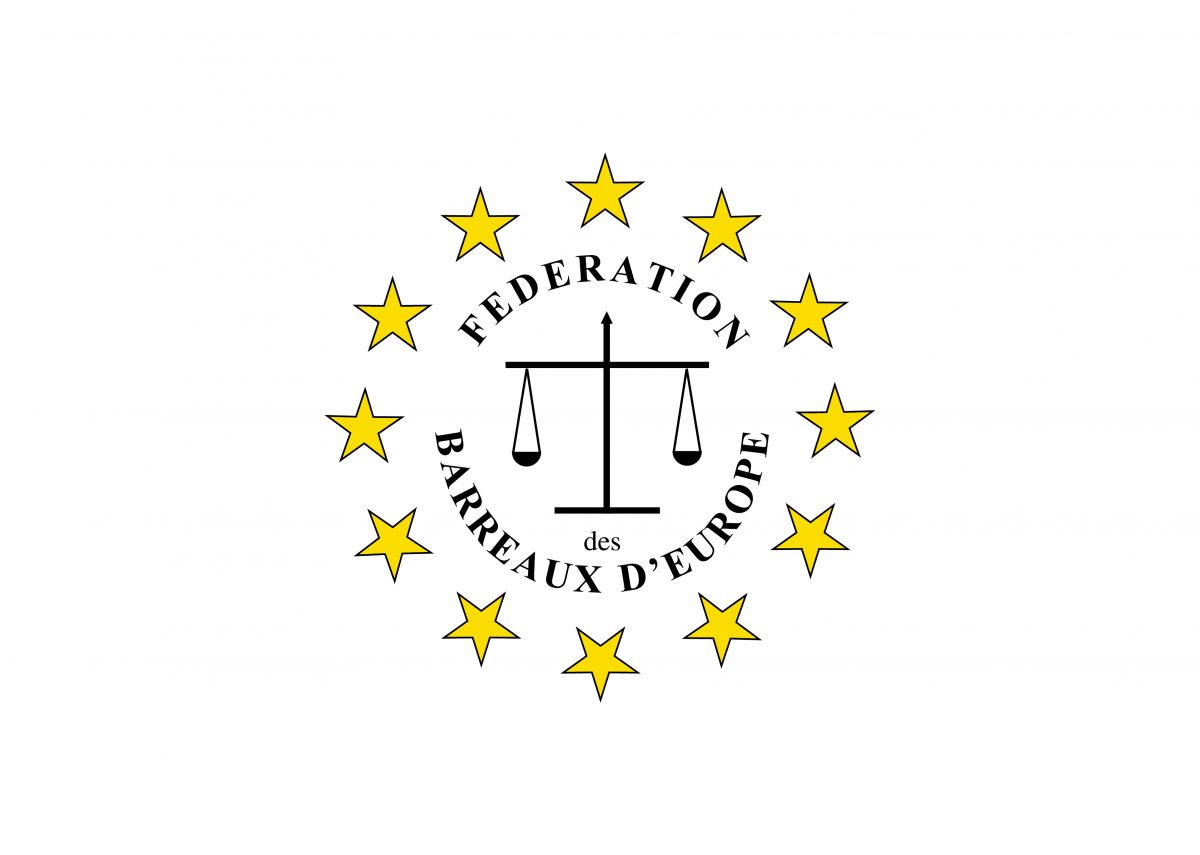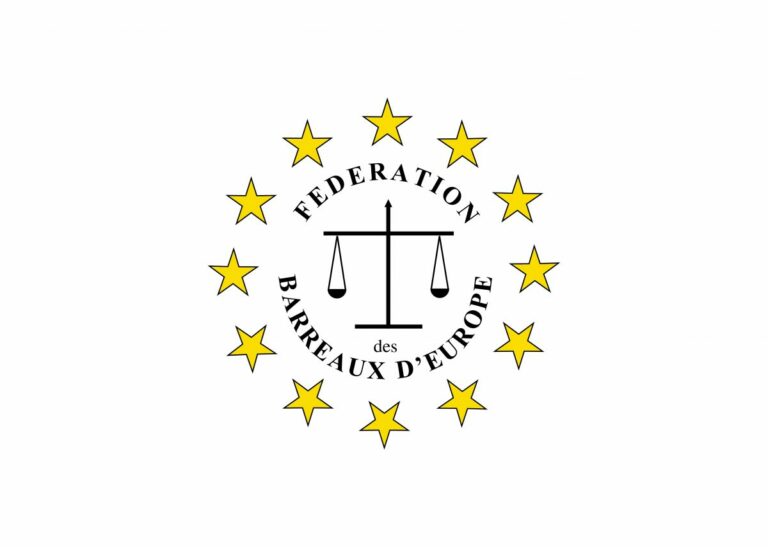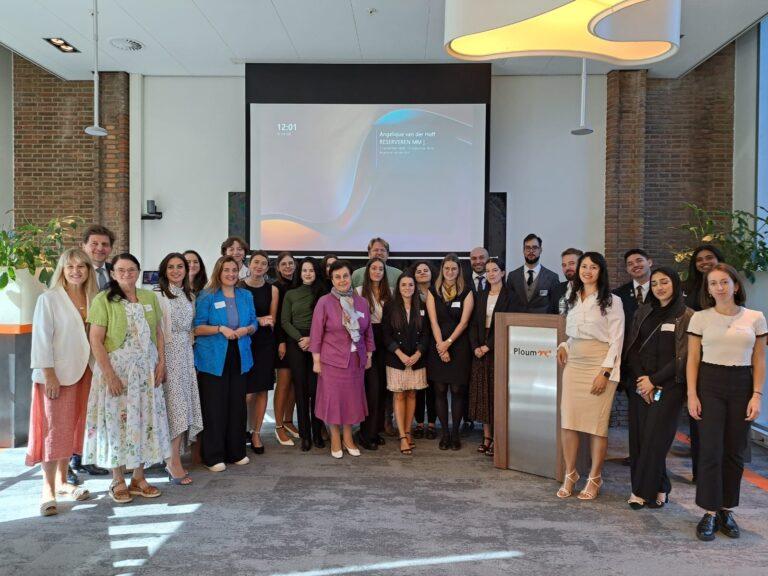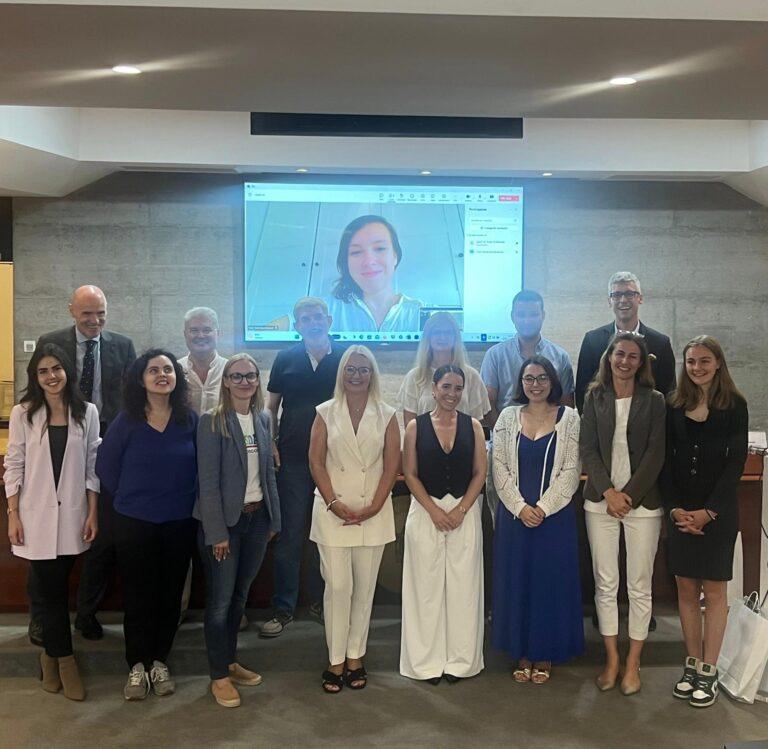The Presidency of the European Bars Federation, the association representing over 210 Bar members and their 1000 000 member lawyers, expresses its grave concerns on the current state of affair of the lawyer’s profession in Portugal in the light of the new Act on Professional Public Associations (referred to as LAPP) and further intended amendments to the national law regarding the legal assistance provided to the citizens by non-lawyers, without supervision of a registered lawyer.
The Presidency believes that the introduction of the regulations allowing non-lawyers to independently provide legal services to the citizens, specifically to those who are in an economically weak position, as well as the amendments aimed at restricting the independence of the National Bar Association which due to its self-regulatory nature guarantees the fair administration of justice by ensuring a proper exercise of lawyers’ responsibilities would adversely affect the rule of law and would lead to possible violations of the rights and fundamental freedoms of the Portuguese citizens.
The Presidency notes that under well-established ECHR’s jurisprudence all EU member states are obliged to provide to their citizens the effective access to justice what reads the access to an independent and a well-qualified lawyer in accordance with the high standards of legal training (including continuing education training) conducted and supervised by the independent Bar Association.
The FBE Presidency reminds that this is the obligation of all Member States to promote and ensure the proper role of lawyers in the judicial system, crucial for strengthening the trust of the public in actions of the courts – the mission of which is fundamental in a democratic system governed by the rule of law.
Therefore, the situation in which non-lawyers are granted the same or similar scope of competence as qualified legal professionals in the domain of legal services without the adequate and sufficient training, unsupervised and without the obligation to comply with duties contained in the lawyers’ code of conduct such as professional secrecy, avoidance of the conflict of interests and independence would lead to the clear disruption within the legal profession allowing for double-standard requirements employed to the qualified lawyers and to non-lawyers.
Moreover, the provision of legal services by not sufficiently educated and supervised individuals could result in the loss of confidence by the citizens in legal profession and therefore in the fair administration of justice.
Finally, the FBE Presidency request the Portuguese national authorities to ensure the fair administration of the system of justice and effective protection of human rights that could only be achieved having regard to the following:
· For the well-being of the public the practice of law must be regulated and supervised by the independent Bar Association;
· The practice of law must not under any circumstances become solely a profit-driven activity resulting in a legal system where lawyers are forced to place the interests of the owners of the business over values underlying the legal profession;
· Only independent and well-educated lawyers should perform the work of lawyers to prevent a grave disservice to the citizens and the system of justice;
· The independence of lawyers and the self-governing professional bars strengthens the rule of Law and serves the interests of the public.
On behalf of the Presidency of the European Bars Federation (FBE)
Bas Martens
President of the European Bars Federation
